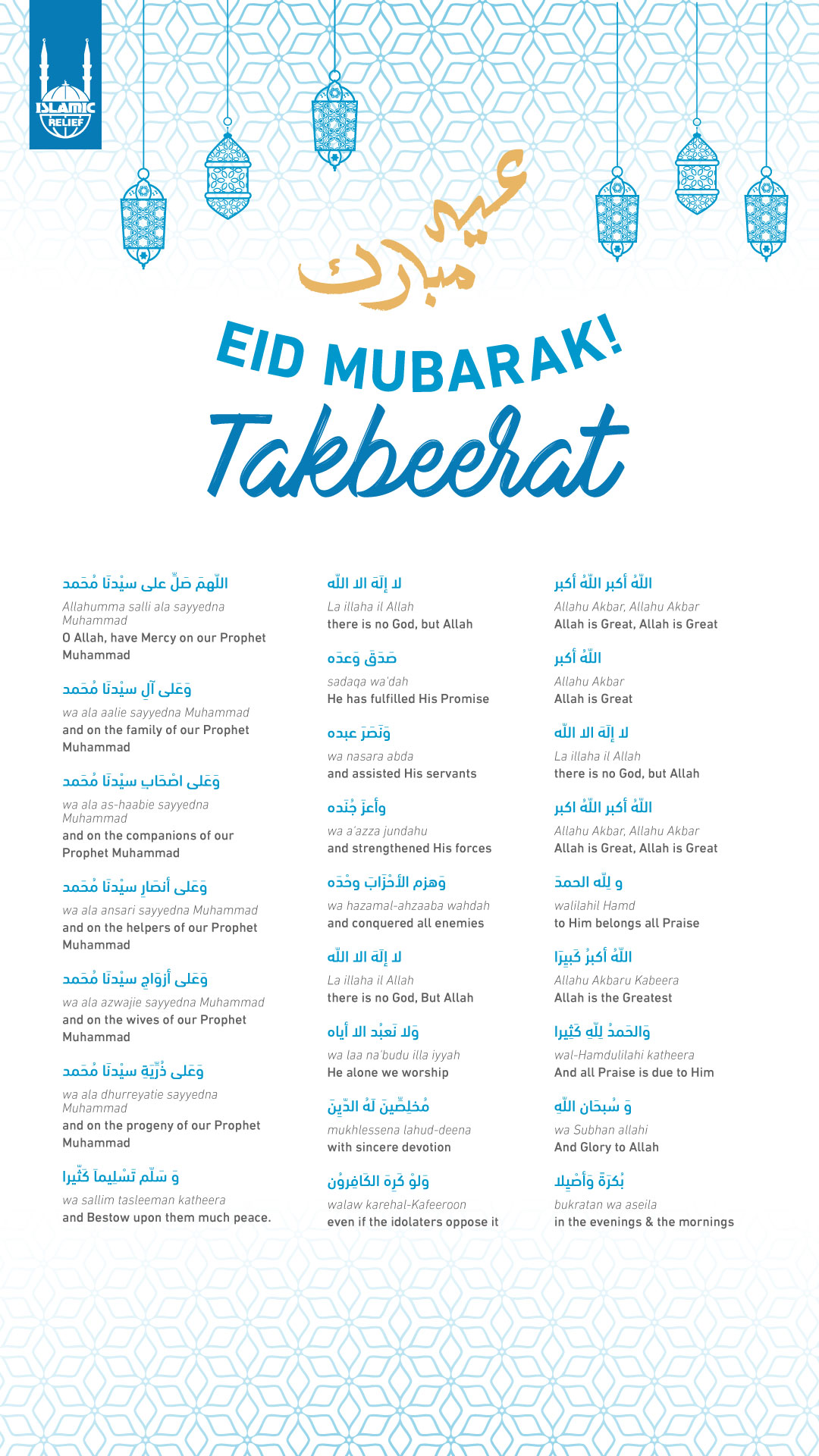Stay tuned for info on our 2021 Virtual Eid Event @ 9:00 AM ET
How to Perform Eid Prayer at Home
Eid will once again be a different experience this year. With many mosques open at a still-limited capacity, or living in an area not accessible to a masjid or community, the social element of this wonderful celebration will still be missed, but we can still catch the blessing of Eid prayer and pray it at home with your families if necessary.
We’ve put together this step-by-step guide below to performing Eid prayer at home. Also, check out this great blog that shares more insights on Eid prayer. May all your prayers be answered, AMEEN!
And remember, for Eid al-Fitr, you should donate your zakat al-Fitr before salah if you have not already. This year, it is $15 per person in your household.
Why is Eid Salah prayed?
Salat al-Eid is considered either a sunnah, wajib (required), or fard kifaya (communal obligation) act of worship depending on the madhab you follow.
Where can it be prayed?
It can be done at home, especially under these circumstances, either in congregation or individually. Salat al-Eid has additional takbeerat that differentiate it from the regular prayers.
How to prepare
On the morning of Eid, it’s sunnah to take a shower (i.e. perform ghusl) before you settle down to pray. It is also sunnah to start the day by eating dates after you’ve prayed.
When to pray
Eid prayer must be performed after the sun has risen. As a result, you cannot pray the Eid prayer immediately after Fajr. Also, Eid prayer must be performed before zawaal. Zawaal refers to the time in which the sun has reached zenith, its highest point in the sky.
Therefore, our recommendation is to perform the Eid prayer anytime between the hours of 7am and 12pm.
There is no khutbah (sermon) after the prayer if you pray at home. However, you can listen to a sermon online because it’s mandub (recommended), not wajib (required) to listen to a khutbah.
How it’s prayed
Unique Elements of Eid prayer:
- No adhan or iqama
- Extra takbeerat (saying Allahu Akbar)
- Two rakahs
- Khutbah
Hanafi Madhab
1. When you stand up to pray, first do takbeerat al-ihram (Allahu akbar) to open the salah.2. Say the takbeer three times before beginning to recite from the Qur’an.
3. Recite Surah Al-Fatiha followed by another surah (Sunnah was Surah Al-Alaa and Surah Ghashiya or Surah Qaf and Surah Qamar for first and second rakas, respectively. But it is okay to recite other surahs).
4. Perform rukuu and two sajdas as normal. This concludes the first rakah.
5. After you come up from sujood from the first rakah, you recite Surah Al-Fatiha plus another surah.
6. After the surah, say the takbeer 3 times, then 1 additional takbeer to go to rukuu.
7. After rukuu, you continue with two sajdas and the final sitting as normal to conclude the prayer.
Maliki Madhab
1. Begin with takbeerat al-ihram to open the prayer, then six additional takbeer. It is better (sunnah) to pause at this point for people behind you in order for them to repeat after you.
2. Recite Surah Al-Fatiha plus another surah.
3. Make rukuu, sujood, and come up from the first rakah saying 1 takbeer, as normal.
4. Say 5 additional takbeerat before continuing on through your second rakah as normal.
Shafi′i Madhab
1. Begin with seven takbeerat and then Quran recitation, rukuu, and sujood, as normal.
2. When you get up from the first rakah saying 1 takbeer, then do 5 additional takbeerat.
3. Continue on through the second rakah as normal.
